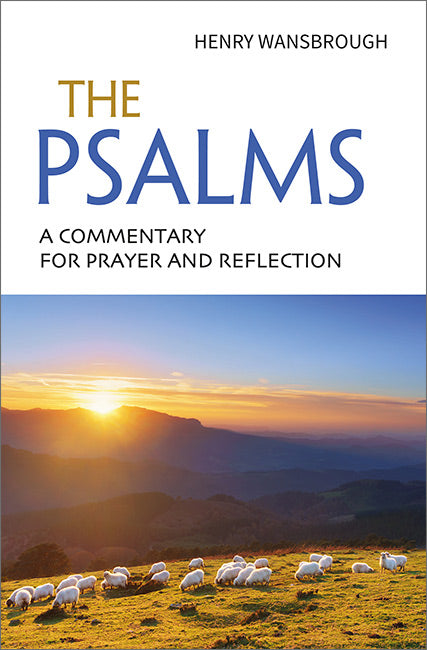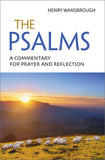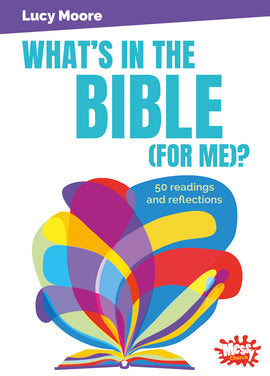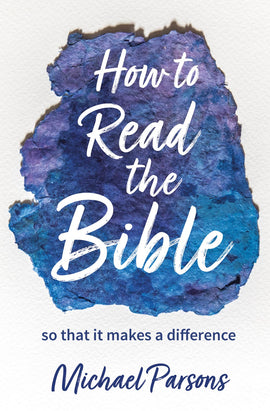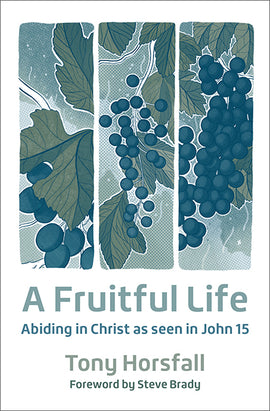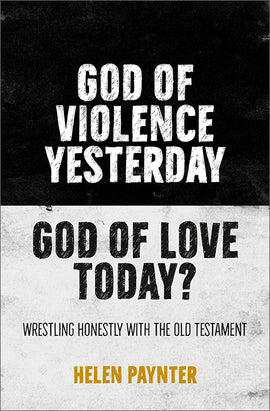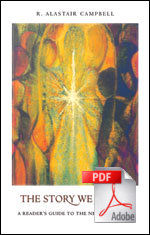The Psalms: A commentary for prayer and reflection
A helpful companion for personal devotion
The psalms are Israel's prayer book. Their origins are in many cases shrouded in mystery. We cannot be sure how they were selected or collected or how most were used. They cover the whole sweep of Israel's history and spirituality echoing the very earliest periods of the nation's life right up to the laments of the Babylonian exile.
| Title | The Psalms: A commentary for prayer and reflection |
| Author | Henry Wansbrough |
| ISBN | |
| Description | The psalms are Israel's prayer book. Their origins are in many cases shrouded in mystery. We cannot be sure how they were selected or collected or how most were used. They cover the whole sweep of Israel's history and spirituality echoing the very earliest periods of the nation's life right up to the laments of the Babylonian exile. They speak of the joy of pilgrimage to Jerusalem; they tell of great victories and defeat, of individual achievement and failure, of release and deliverance, of love for the law and repentance from sin, of a God at work in nature and throughout the nation's history. Covering all 150 Psalms, these bite-sized devotions, which were first published in BRF's Guidelines Bible reading notes series, have been revised and expanded. They draw on Henry Wansbrough's years of living and working in the Middle East to provide insight into the historical, literary and cultural background of the Psalms as well as showing how these ancient texts can still guide and inspire you in your Christian walk today. |
| Details |
|
The psalms are Israel's prayer book. Their origins are in many cases shrouded in mystery. We cannot be sure how they were selected or collected or how most were used. They cover the whole sweep of Israel's history and spirituality echoing the very earliest periods of the nation's life right up to the laments of the Babylonian exile.
They speak of the joy of pilgrimage to Jerusalem; they tell of great victories and defeat, of individual achievement and failure, of release and deliverance, of love for the law and repentance from sin, of a God at work in nature and throughout the nation's history.
Covering all 150 Psalms, these bite-sized devotions, which were first published in BRF's Guidelines Bible reading notes series, have been revised and expanded. They draw on Henry Wansbrough's years of living and working in the Middle East to provide insight into the historical, literary and cultural background of the Psalms as well as showing how these ancient texts can still guide and inspire you in your Christian walk today.
Dom Henry Wansbrough OSB is based at Ampleforth Abbey, teaching at Ampleforth school and currently serving as Alexander Jones Professor of Biblical Studies at Liverpool Hope University. He is a contributor to Guidelines Bible reading notes and is a former Master of St Benet's Hall, Oxford.
Review by Alexander Murray, University College, Oxford
The book’s two most striking qualities complement each other. One is its author’s knowledge. Event to those otherwise unacquainted with Fr Henry and his work, it is obvious that he is thoroughly conversant with the Hebrew language and environment. He never lets us forget that the psalms began life in Hebrew. He often clarifies a word by giving us its Hebrew original and, where he thinks it constructive to do so, he offers his guess as to a psalm’s original context. This easy familiarity extends to the psalm’s physical environment. A good example is on p.176, but it is one of many, unobtrusively dropped in to the exposition to make it clearer.
The second quality is complementary to it. It is clarity of exposition. The reader never has to look back to see what a sentence means. One educational publisher I knew made it a rule not to publish books unless the author was a practising teacher. I do not know how much teaching Fr Henry now does, but his writing style is such that he must often have had to explain potentially obscure points to students still in their teens. His book is an ‘easy read’.
Fr Henry has said a lot, and from a lot of angles, within the limits of a short book. I am delighted to have it in my library, have already often turned to it, and I am sure I will go on doing so.
Review by Alexander Murray, University College, Oxford

